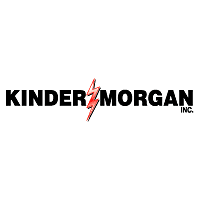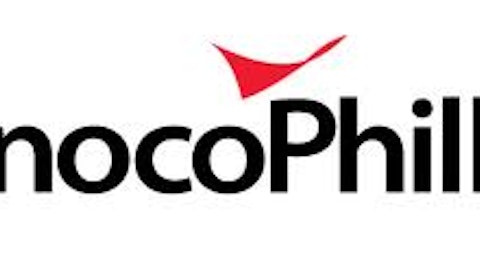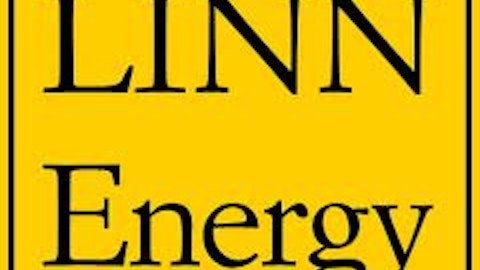In the latest act of acquisitions in the US oil and natural gas industry, Kinder Morgan Inc (NYSE:KMI), the company with the largest pipeline operation network in the US, has expanded its reach in some vital shale plays. Kinder Morgan acquired the natural gas pipeline operator Copano Energy, L.L.C. (NASDAQ:CPNO) for a value of around $5 billion, including debt, which allows the company access to many of the shale plays that are witnessing production booms.
What’s in the offering for Kinder Morgan?
Copano has an extensive pipeline network of around 6,900 miles, with a capacity for transporting 2.7 billion cubic feet (bcf) of natural gas per day, and is connected to some of the most prolific shale plays in the US, including the Eagle Ford shale, Barnett shale, and the Mississippi Lime and Woodford shale. The Eagle Ford shale and Barnett shale are two of the most promising and productive shale plays in the US. Kinder Morgan was already operating in a joint venture with Copano in the Eagle Ford shale, and now will have full ownership of the processing contracts with oil and natural gas companies like Anadarko Petroleum Corporation (NYSE:APC).
The deal also gives Kinder Morgan the right to access the processing plants of Copano with a capacity of more than 1 bcf of natural gas per day. This extensive pipeline network is bound to provide Kinder Morgan a strategic position that’s hard for its competitors to achieve, especially when an expansion in pipelines is subjected to government regulations and environmental impact.
Let’s take the case of TransCanada Corporation (USA) (NYSE:TRP). The company is facing a difficult time implementing its pipeline expansion project due to environmental issues and government intervention. TransCanada was planning to implement its Keystone XL pipeline project through which the company would be able to supply crude from the Alberta sands to the Gulf of Mexico and bridge the existing price gap. But the promising project has hit a roadblock due to environmental concerns, and is awaiting a decision from the US government that many think will go in the company’s favor. So the best way to increase presence is by acquisitions.
Strengthening its Position in the US market:
Kinder Morgan has been on a spree of billion dollar acquisitions to solidify its position in the US oil and natural gas industry and take advantage of the sudden boom in production through the latest technologies. In 2011 Kinder Morgan acquired El Paso LLC (NYSE:EPB) in a $23 billion deal to become the largest pipeline network operator in the US. El Paso recently received a licence to export LNG to the countries that have a Free Trade Agreement with the US, and is also planning to build a LNG export terminal in a partnership with Shell.
According to the data released by EIA, the production of natural gas in the US is expected to rise by almost 44% to 33.1 trillion cubic feet by 2040 in comparison to 2011. More production will mean more movement of natural gas from the site of production to different processing units and export facilities. This is what Kinder Morgan is looking to cash in on. Moreover, the demand from Asian countries for natural gas has opened up new opportunities for Kinder Morgan, as more gas needs to be carried and processed.
Though the sudden boom in natural gas production led to a decrease in price, companies like Kinder Morgan and Copano work on a business model where revenues are linked to the volume processed and moved, rather than price. So it’s an all-gain and no-loss situation for the company.
Foolish Bottomline:
Copano is a company that operates in the same line of business as Kinder Morgan. This kind of horizontal acquisition is bound to benefit the market leader Kinder Morgan, and the fact that entry of competitors is restricted to government regulations will further solidify its position. This stock is something that you can’t take your eyes off of.
The article King Kinder Expands its Empire originally appeared on Fool.com and is written by Satarupa Bose.
Copyright © 1995 – 2013 The Motley Fool, LLC. All rights reserved. The Motley Fool has a disclosure policy.






